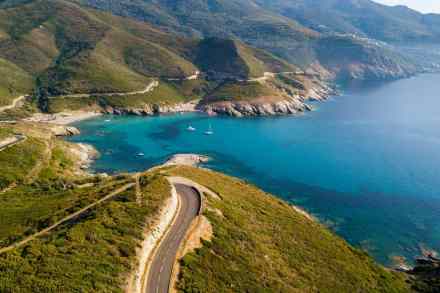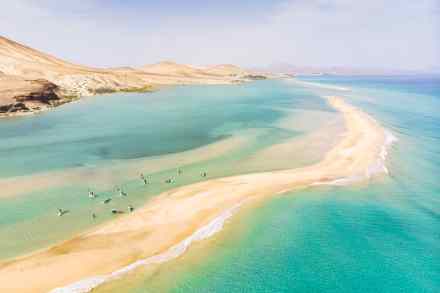Secret France: the hidden havens worth discovering
Vive la France! Our beloved Gallic neighbour has reopened its borders to the casual tourist once more and, as travel slowly yawns its way back to something resembling normalcy, it is the perfect time to hop across the channel. France, in my half-French-totally-unbiased opinion, is never a bad idea. The diversity of the country is staggering – offering you undulating valleys dotted with vineyards, luxurious beach breaks or quaint Provençal villages; the eternal allure of Paris and majestic snow-capped peaks. But why not discover its lesser known enclaves? Seasoned Francophiles may like to take this opportunity, after a miserable time apart, to discover hidden France. So, here are my top




















